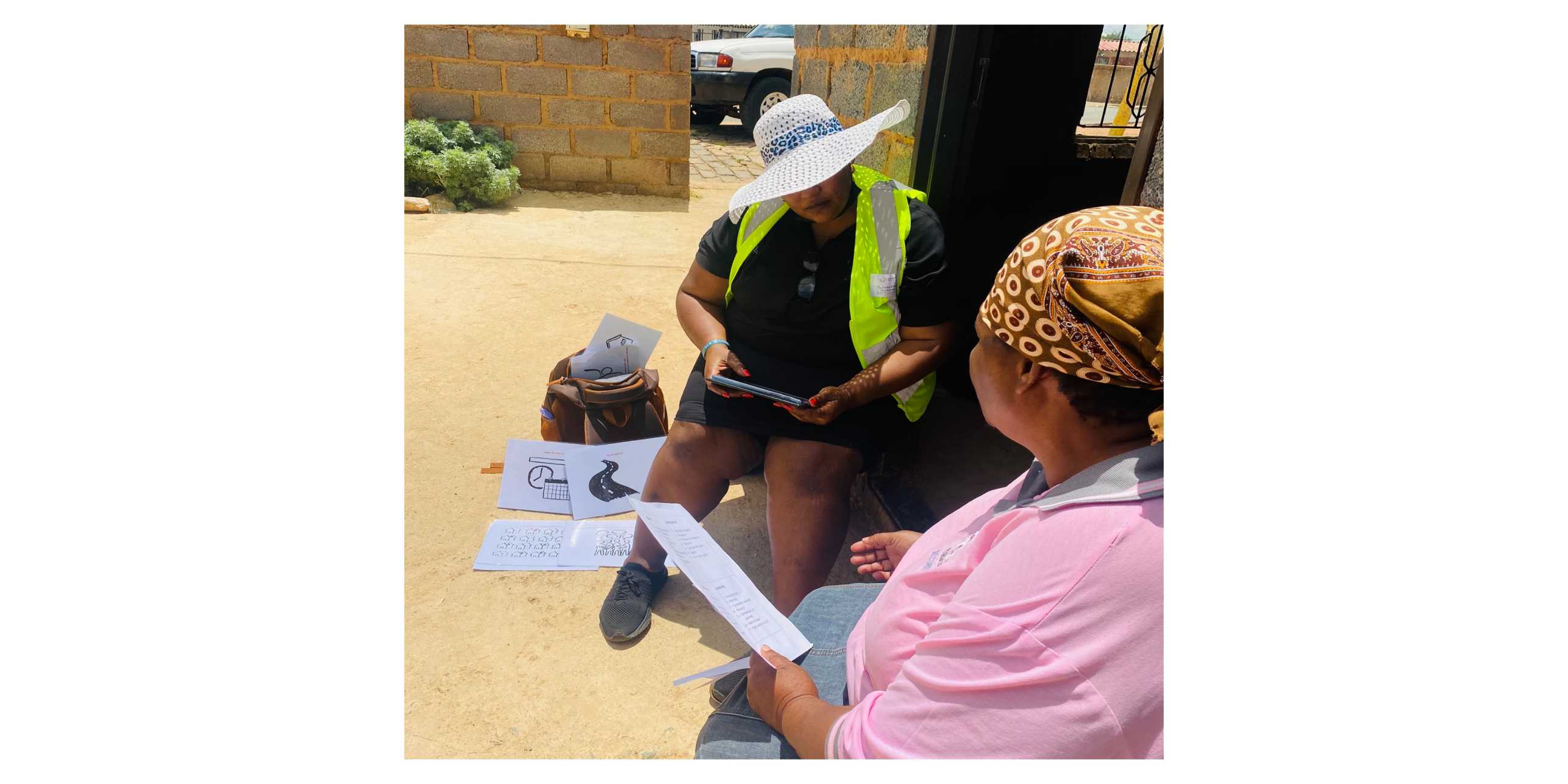New Publication on public support for participation in local development (Johannesburg, South Africa)
A new article by Katrin Hofer, Michael Wicki and David Kaufmann was recently published in World Development. It examines people’s support for state-led participation in local infrastructure and housing provision in Johannesburg, South Africa.
Public participation in local development is an integral part of democratic agendas across the world. Yet not much research specifically focuses on people’s perspectives of participation, especially among underprivileged populations. Bringing literature and concepts from development studies, political science, and urban planning into dialogue, in this article, the authors examine whether people generally support public participation in local development and explore how different design features of participatory processes inform public support for participation.

The article builds on an innovative yet context-sensitive data collection, combining a survey experiment (n = 502) with qualitative group interviews. Drawing on the case of Bramfischerville, a low-income residential area in Johannesburg, the authors find strong support for public participation. They furthermore find higher support levels for more inclusive and interactive forms, meaning processes, which are open to all residents and where participants are invited to discuss priorities and needs. This, despite people’s awareness of the transaction costs of participation, such as time and energy. Moreover, they find that people’s support for participation is influenced by their experiences and satisfaction with infrastructure provision. These findings underline the importance of understanding the specificities of the given socio-economic context and people’s everyday lived realities. It also draws attention to people’s relationship with the state, as the main provider of this infrastructure. Therefore, a context-sensitive interpretation of people’s infrastructural preconditions and their relationship with the state are necessary to understand their attitudes towards participation and, more generally, for advancing participatory governance in the given context and beyond.
The full article can be found open access: external pagehere.
